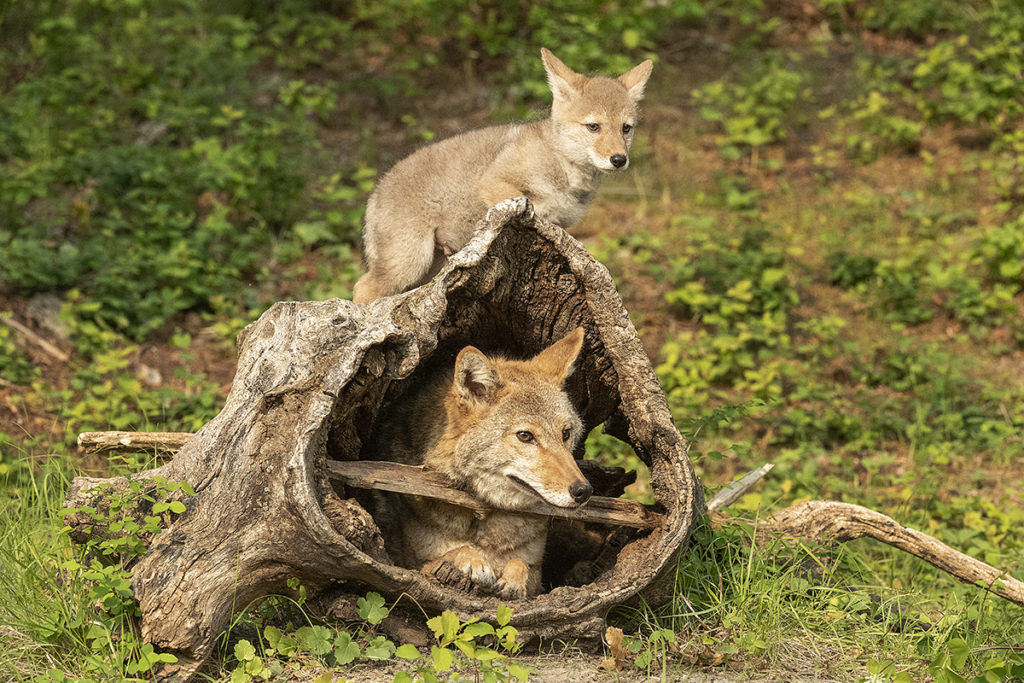July 2, 2020
Coyote Panic and Co-existing with Wildlife

There has been a great deal of coverage in the media regarding a string of attacks by one coyote in the Riverside South area. Scary-sounding headlines such as ‘’aggressive coyote problem has gone on too long’’ and ‘’coyote strikes again’’ rob us of having meaningful discussions around making communities safe while coexisting with wildlife.
So, how frequent are coyote attacks? According to the Canid Conservation Science Lab at the University of Calgary, the risk is extremely low. Their research shows that on average, 2.4 Canadians per year are either bitten or scratched by a coyote, and there has only been one known fatal human incident ever reported in Canada.
Wildlife conflicts are largely due to expanding city boundaries. As the city grows, more land is developed, and wild animals lose habitat. With a new official city plan to be tabled this fall calling for expanded urban boundaries, and city growth expected to result in 1.4 million residents over the next 25 years, these conflicts will only increase.
We need to do a better job at learning how to coexist with wild animals. We won’t do this with frightening headlines. We can only do it with science, getting the best advice and using both to plan development and to educate the public.
New urban development needs to be planned with wildlife in mind. And the public needs to be better informed. Too many people move to a wildlife habitat that has been cleared for new development, and either expect that the area be cleared of all wildlife, or start feeding them as sort-of outdoor pets. Well, to a coyote, those delightful squirrels and rabbits you are feeding are dinner, and nothing attracts a coyote like dinner.
We can do better. We need to do better. Animal lives depend on it.
Bruce Roney
President & CEO
For more information, check out Coyote Watch Canada, a not-for-profit community-based wildlife organization which advocates positive human-wildlife experiences with a focus on canids. They train law enforcement and city officials in how to deal with a coyote encounter. Their hotline is open 24/7 to provide immediate support to anyone dealing with a coyote encounter. They also educate residents through public presentations.
